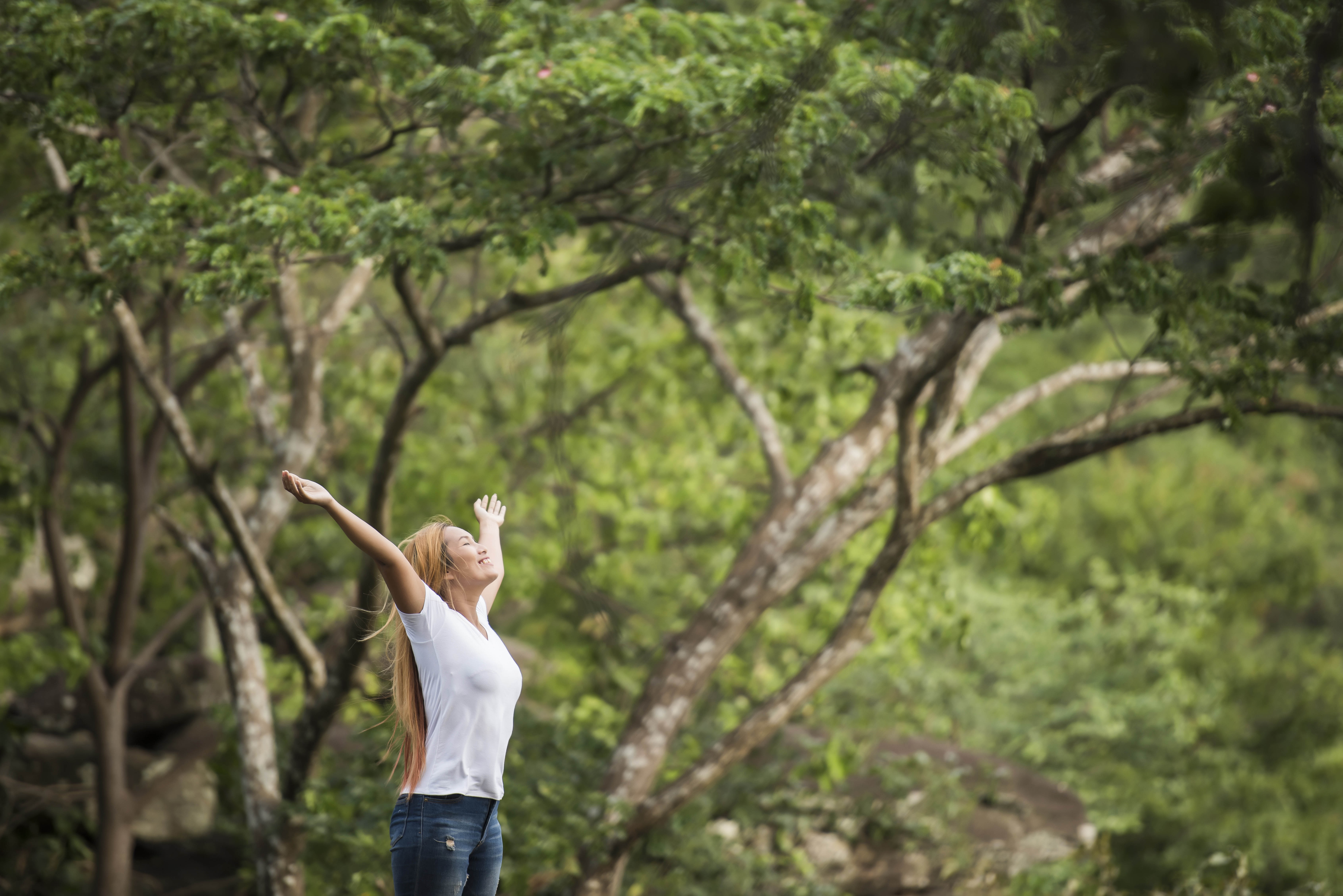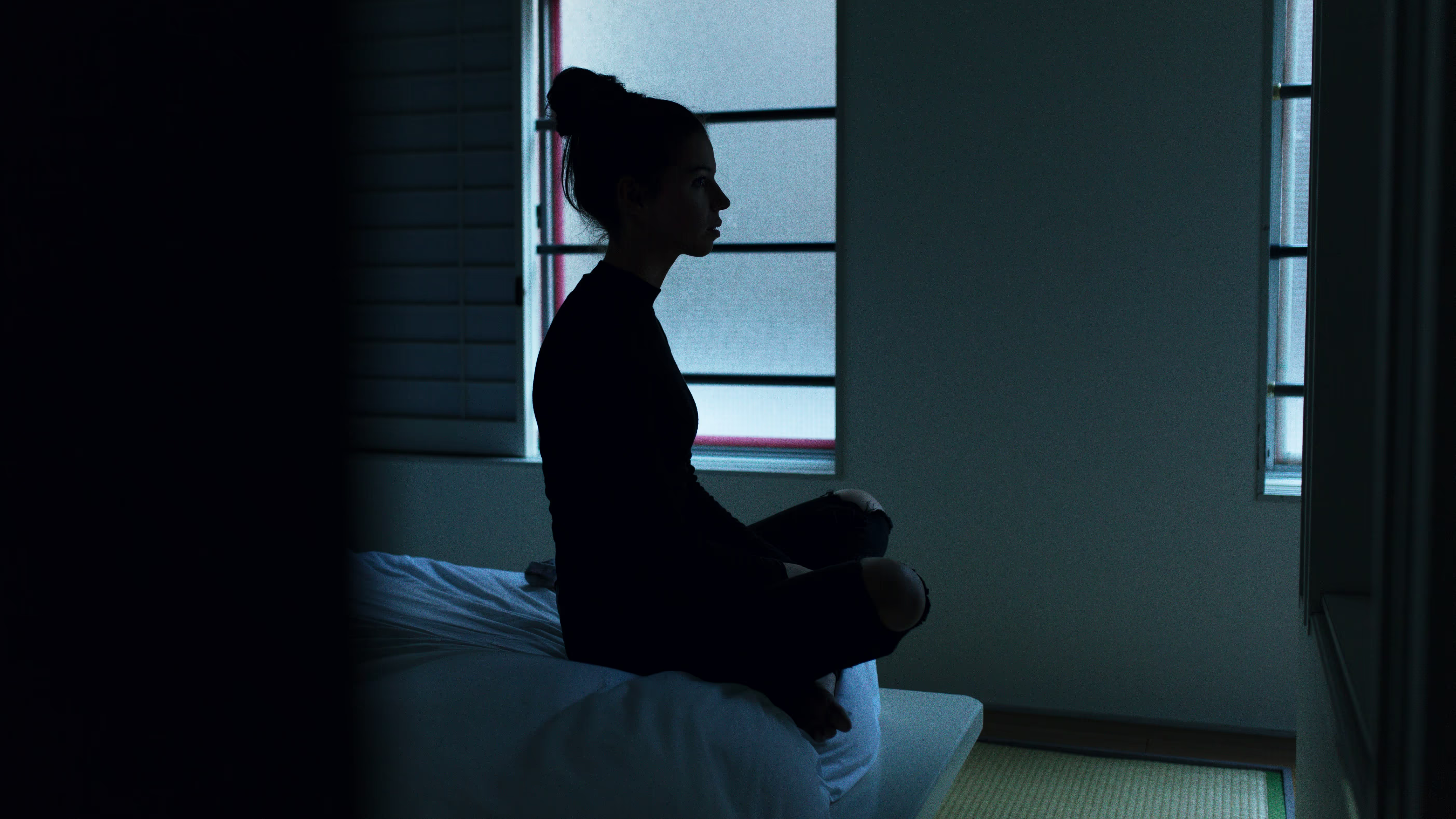In a world shaped by concrete, screens and schedules, it’s easy to lose touch with nature—not just physically, but emotionally and cognitively. Yet research across psychology, neuroscience and environmental health points to a clear truth: we need nature. Not occasionally, not aspirationally, but daily and directly. The practice of “rewilding” your routine—bringing more natural experiences into everyday life—can restore attention, reduce anxiety and even improve immune function.
And it doesn’t require a wilderness escape.
Nature is not optional
According to a landmark study from the University of Exeter, spending just two hours per week in natural environments (parks, forests, gardens, beaches) is consistently associated with better physical health and higher psychological well-being. The benefits held regardless of gender, age, occupation or income level. Two hours isn’t a hike in the Andes—it’s 17 minutes a day.
Other studies confirm that even short exposures—like 20 minutes in a park—can significantly lower cortisol levels and blood pressure.
Urban nature counts
You don’t need to live next to a national park to access these benefits. Green roofs, potted plants, balcony herbs and window views of trees all qualify as "nearby nature"—and they still work. A 2023 meta-analysis found that urban green space exposure consistently improves mood, attention and self-regulation.
Office workers with window views of greenery report higher job satisfaction. Hospital patients recover faster when they can see trees. Even watching nature documentaries can induce feelings of calm, wonder and connection.
Simple ways to rewild your day
Rewilding isn’t about abandoning your life. It’s about shifting how and where you do ordinary things. Here are a few evidence-backed ways to incorporate more nature:
- Morning light, real light: Open a window or step outside within the first hour of waking. Natural morning light regulates circadian rhythms and improves alertness.
- Lunchtime greens: Eat your lunch in a park or under a tree. If you can’t, move a meeting outdoors or take a short walk—even five minutes helps reset your attention span.
- Plant power: Keep plants in your kitchen, office or bedroom. Studies show indoor plants improve mood, reduce stress and even increase productivity.
- Soundscapes: Listening to natural sounds—like birdsong, rainfall or rustling leaves—has been linked to decreased stress and increased cognitive performance. Try them while working or winding down.
- Digital nature: Can’t get outside? Even viewing images or videos of wild environments can activate the brain’s default mode network, promoting reflection and relaxation.
- Weekly “green hour”: Block out one hour a week that’s just for nature—hiking, gardening, sitting under a tree. Don’t combine it with errands or phone scrolling. Let it be immersive.
Why it matters
Nature isn't a luxury. It’s a biological need. Our brains evolved in response to natural environments, and those systems haven’t changed. When we deprive ourselves of natural stimuli—sky, wind, birdsong, shade, water—we place a hidden tax on our nervous systems.
Rewilding your routine is a form of micro-rebellion against the burnout culture that sees time in nature as indulgent. It’s not. It’s foundational. The science is clear: people who spend more time in nature are not just happier, but more connected, kinder and more resilient. And the best part? It doesn’t take much to begin.
Step outside and look up. Start there.
Sources & Further Reading
Spending at least 120 minutes a week in nature is associated with good health and wellbeing
What is the impact of nature on human health? A scoping review of the literature
How Does Nature Exposure Affect Adults With Symptoms of Mental Illness? A Meta-Analysis









